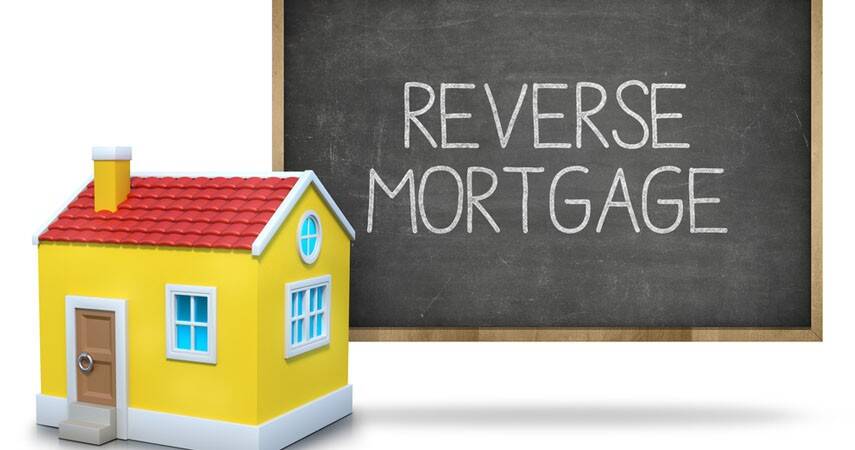What is reverse mortgage?
A reverse mortgage is exactly the opposite of home loan scheme. Under this, the borrower receives a fixed amount of installments which can be in the form of a periodical lump sum or committed credit line. This loan amount depends on the age of the borrower, the age of the property and the agreed upon interest rate. The maximum agreed amount that a borrower can receive in a month is Rs 50,000 and the lump sum amount of money that is paid is 50 percent of the total eligible amount or Rs 15 lacs, for the medical purpose of the borrower and the dependent person.
The money that is received via Reverse mortgage scheme can only be used for medical purposes, day to day needs, maintenance of home or the repayment of loan taken for the same property. They cannot be used for any business transaction or trade. Also, the amount received through reverse mortgage can be used to buy an annuity from the insurance company.
What are the required application and documents?
Any senior citizen, aged more than 60 years, can apply for a reverse mortgage. It can either be borrowed jointly with the spouse or individually. If it is borrowed with the spouse then, he/she should be more than 55 years of age.
A reverse mortgage is only applicable for the primary property in which the borrower is living. It cannot be taken for any residential complex or any commercial or leased property. If the property has some outstanding loan, then it is not given until the entire loan is repaid. Although with the lump sum amount received under this scheme, it can be used to repay the loan.
The documents required are PAN card, a legal copy of registered will and a list of legal heirs along with the details of the mortgaged property.
What is the tenure, rate of interest?
The maximum tenure of the loan is 20 years, during which the borrowers receive the agreed upon amount every month. The borrowers can still stay in their house thereafter. Even after the death of the borrower, their spouse can continue to stay in the house and receive the amount, though the interest will vary. If the borrower wants to discontinue or end the loan, they can do it by pre-paying the outstanding amount without any extra charges. After the death of both the borrowers, the legal heirs can redeem the property by paying the outstanding amount. If no legal heirs come forward to claim the property, the bank then sells the property and divides the extra amount among the heirs. In no case, heirs can be called upon to pay the shortfall.







